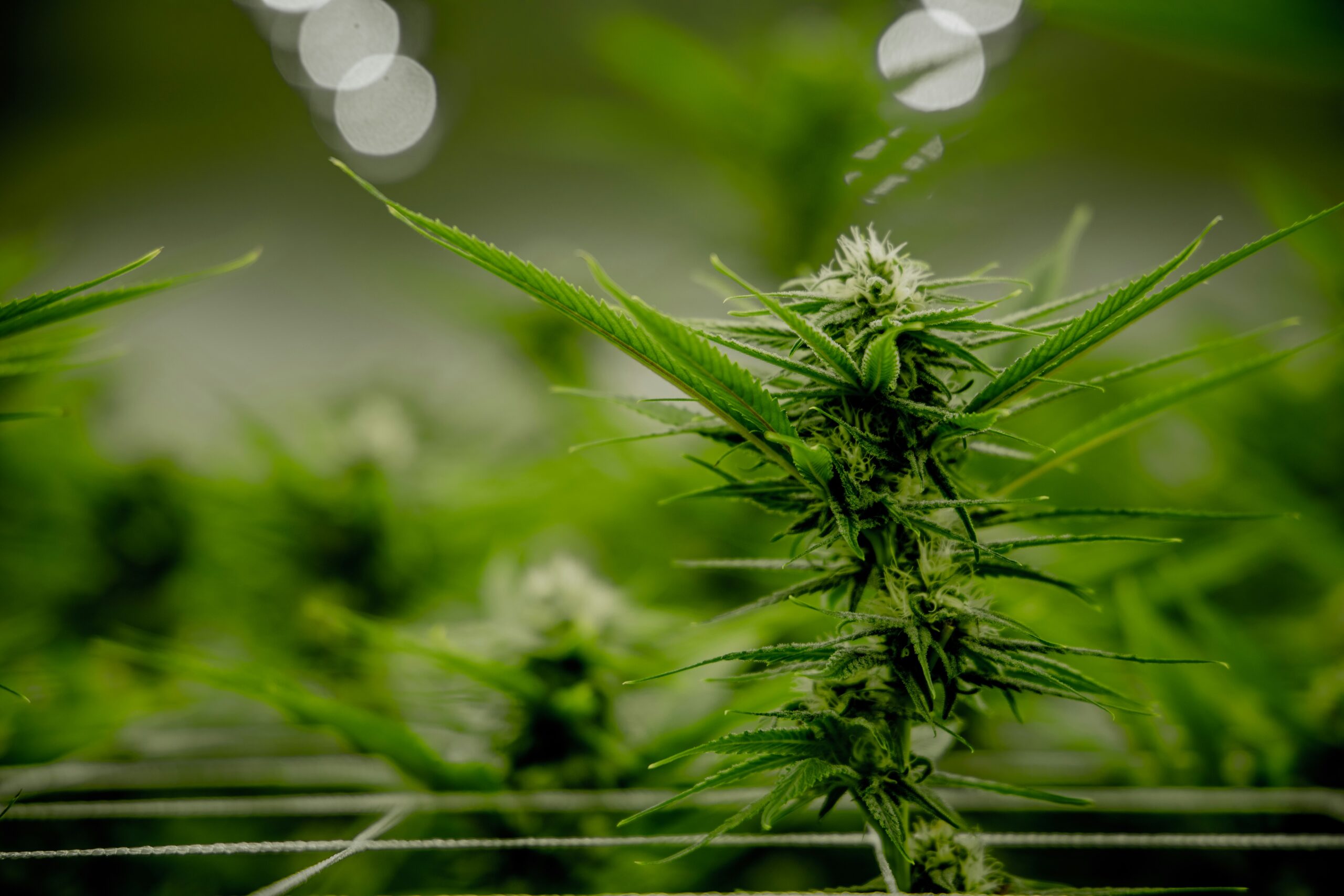In a state where water scarcity is a perennial challenge, sustainable cannabis growers in California are leading by example. Techniques such as drip irrigation and rainwater harvesting are becoming the norm, significantly reducing water use in cannabis cultivation. By carefully managing water resources, growers ensure that their operations contribute to the health of California’s water ecosystems.
Meanwhile, by moving away from synthetic pesticides and fertilizers California’s cannabis growers are embracing organic and regenerative farming practices. These methods enrich the soil, enhance plant health, and reduce the carbon footprint of cannabis cultivation. By fostering a living soil ecosystem, sustainable cannabis farms produce robust, resilient plants that are not only healthier for consumers but also for the planet.
The cannabis industry is notoriously energy-intensive, but sustainable operations are changing the narrative. Solar-powered grow operations, energy-efficient lighting, and climate control systems are making cannabis cultivation cleaner and greener. These innovations not only reduce greenhouse gas emissions but also pave the way for a sustainable cannabis industry that thrives on renewable energy.





